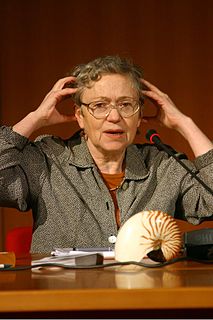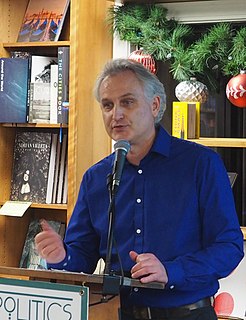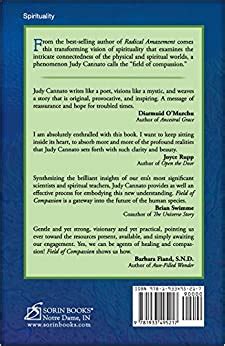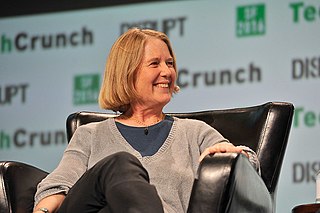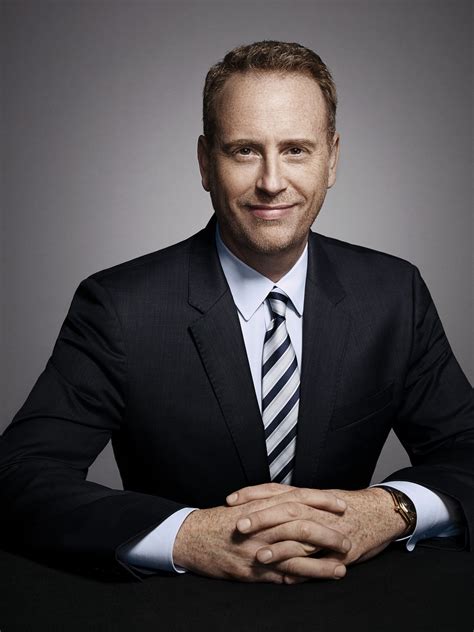A Quote by Mary Catherine Bateson
The family is changing not disappearing. We have to broaden our understanding of it, look for the new metaphors.
Quote Topics
Related Quotes
I tend to believe that film can try to save what still can be saved, in terms of our histories, our memories. Because a lot of things are disappearing very quickly, things are changing. We are living in very quick times, and we have a new generation who basically know nothing about events 30 years ago.
When we talk about the Universe Story we are talking about the acquisition of a totally new paradigm, one which overturns many of the patterns that we unconsciously believe to be true. There is not simply the addition of new metaphors and images, but the metaphors and images themselves flow out of a new consciousness inspired by a new awareness of the cosmos.
It cannot suffice to invent new machines, new regulations, new institutions. It is necessary to change and improve our understanding of the true purpose of what we are and what we do in the world. Only such a new understanding will allow us to develop new models of behavior, new scales of values and goals, and thereby invest the global regulations, treaties and institutions with a new spirit and meaning.
Now with the allocation and the understanding of the lack of understanding, we enter into a new era of science in which we feel nothing more than so much so as to say that those within themselves, comporary or non-comporary, will figuratively figure into the folding of our non-understanding and our partial understanding to the networks of which we all draw our source and conclusions from.
If we take the time to look deeply, we see that understanding and compassion arise from suffering. Understanding is the understanding of suffering, and compassion is the kind of energy that can transform suffering. If suffering is not there, we have no means to cultivate our understanding and our compassion. This is something quite simple to see
In all aspects of life... we define our reality in terms of metaphors and then proceed to act on the basis of the metaphors. We draw inferences, set goals, make commitments, and execute plans, all on the basis of how we in part structure our experience, consciously and unconsciously, by means of metaphor.
